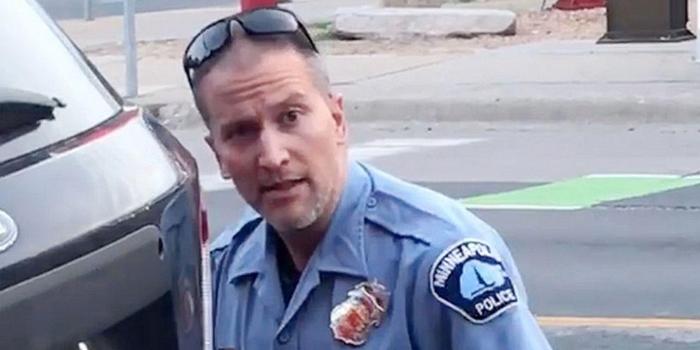On May 25, 2020, George Floyd, a 46-year-old African American man, died in Minneapolis after a police officer, Derek Chauvin, knelt on his neck for over eight minutes. Floyd had been detained on suspicion of using a counterfeit $20 bill to buy cigarettes. This incident was captured on video by a bystander and quickly went viral, sparking widespread outrage and protests across the United States.
The Incident and Legal Consequences
The video showed Chauvin kneeling on Floyd’s neck while Floyd repeatedly said, “I can’t breathe.” Despite Floyd’s pleas and the urging of bystanders, Chauvin did not relent until emergency medical technicians arrived and told him to stop. Floyd was pronounced dead at a nearby hospital. The Minneapolis Police Department fired all four officers involved, and Chauvin was charged with second-degree murder. The other three officers were charged with aiding and abetting murder. In 2021, Chauvin was convicted and sentenced to 22.5 years in prison. In 2022, the other three officers were convicted of federal civil rights violations for failing to intervene and provide medical aid.
Public Reaction and Social Impact
Floyd’s death became a catalyst for a national reckoning on police violence and racial injustice. Protests erupted in cities across the country, with many people demanding significant changes in policing practices. The incident also led to a surge in charitable donations aimed at promoting racial justice. The widespread use of social media to share the video of Floyd’s death played a crucial role in mobilizing public opinion and keeping the issue in the spotlight.
Police Reforms
In the aftermath of Floyd’s death, several states and cities implemented police reforms. At least 30 states and Washington, D.C., enacted legislative changes to address issues such as the use of force, the duty to intervene, and the reporting of police misconduct. However, progress has been uneven. Some states have rolled back previous reforms or introduced tougher-on-crime policies that critics argue undermine efforts to address systemic issues.
Challenges and Future Directions
Despite initial calls for change, many of the proposed reforms have faced significant challenges. The federal George Floyd Justice in Policing Act, for example, has stalled in Congress. This has led to frustration among activists and Floyd’s family, who continue to advocate for meaningful changes. The case has also highlighted the need for broader societal changes to address systemic racism and inequality, which are deeply rooted in American history.
The death of George Floyd remains a poignant reminder of the urgent need for reform in American policing. While some progress has been made, the journey towards a more just and equitable system is far from over. The legacy of Floyd’s death continues to inspire efforts to hold law enforcement accountable and to create a society where such tragedies are prevented.

